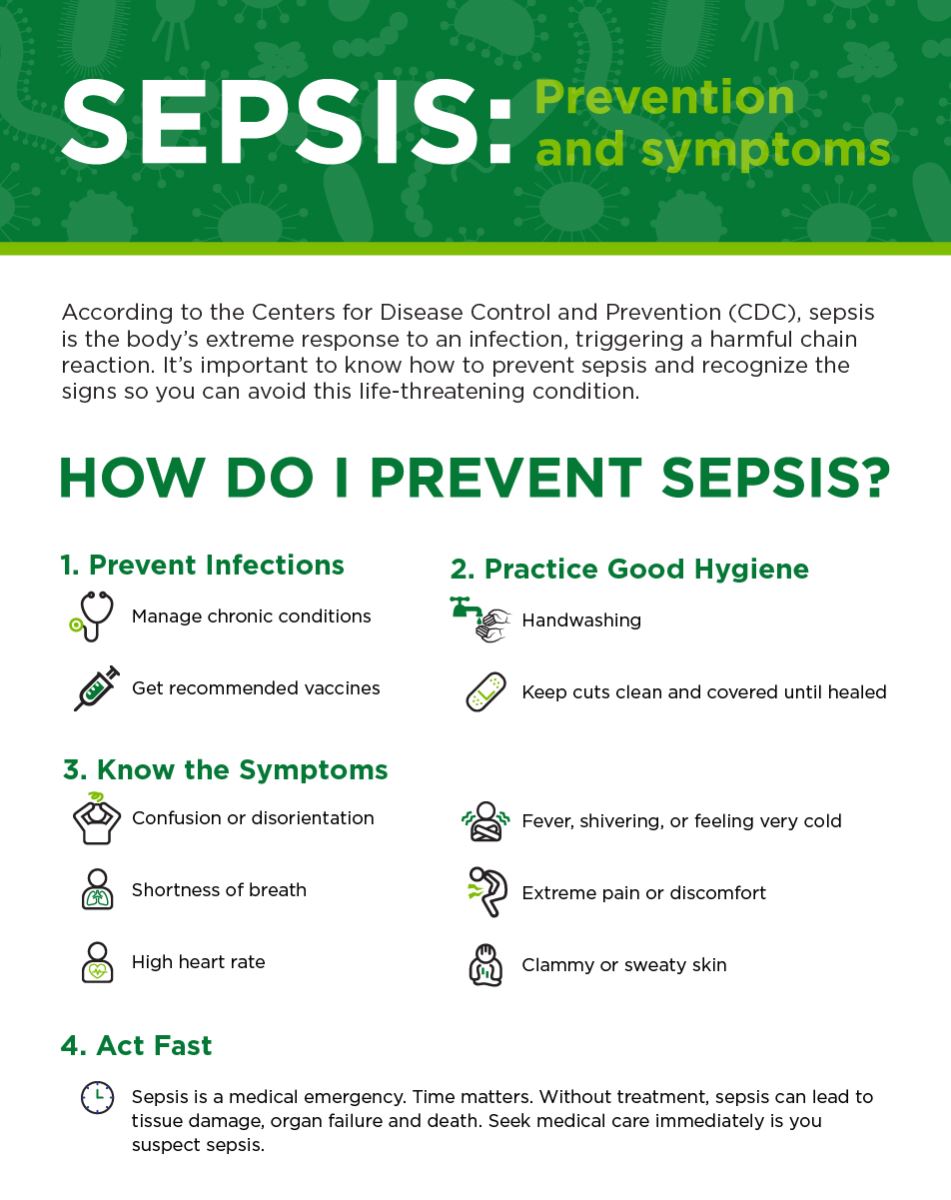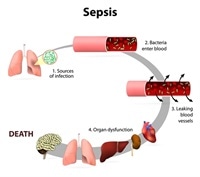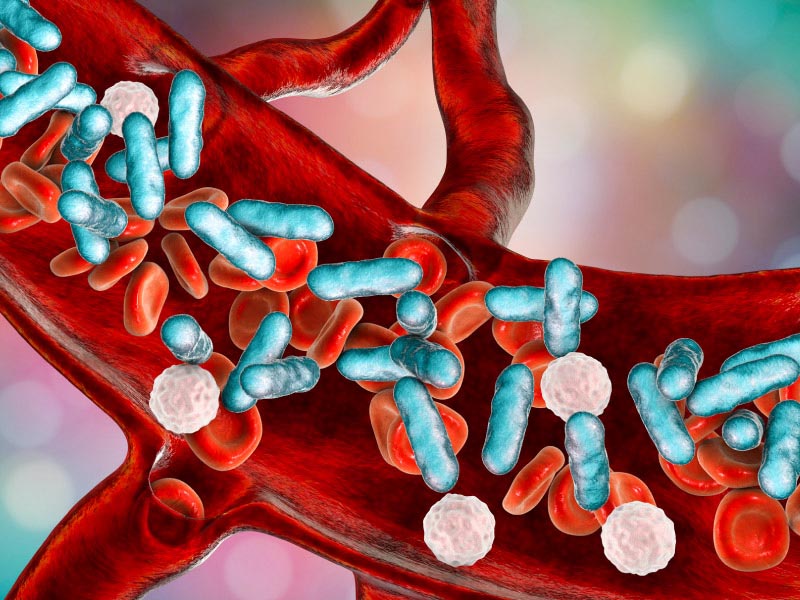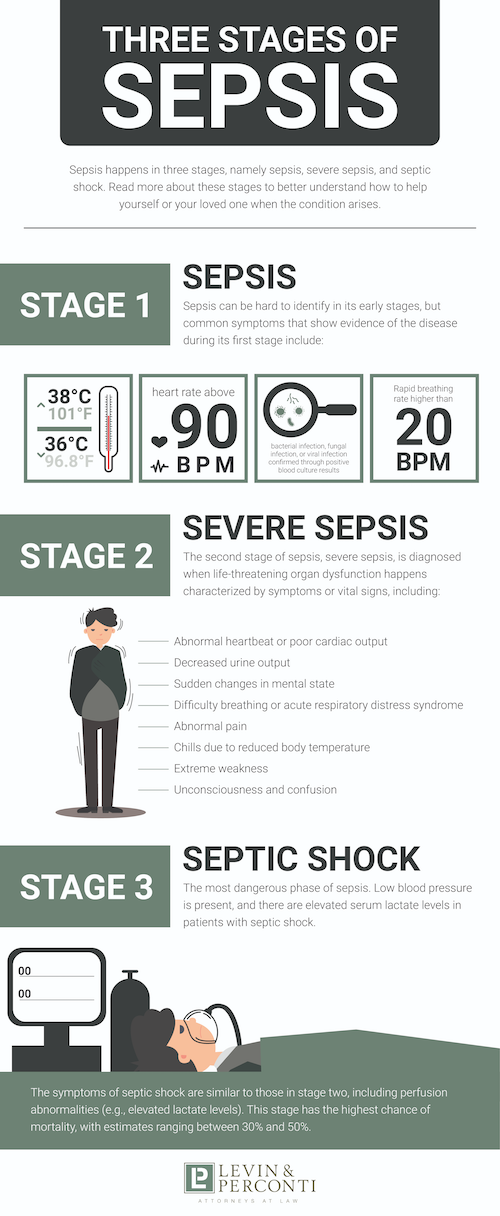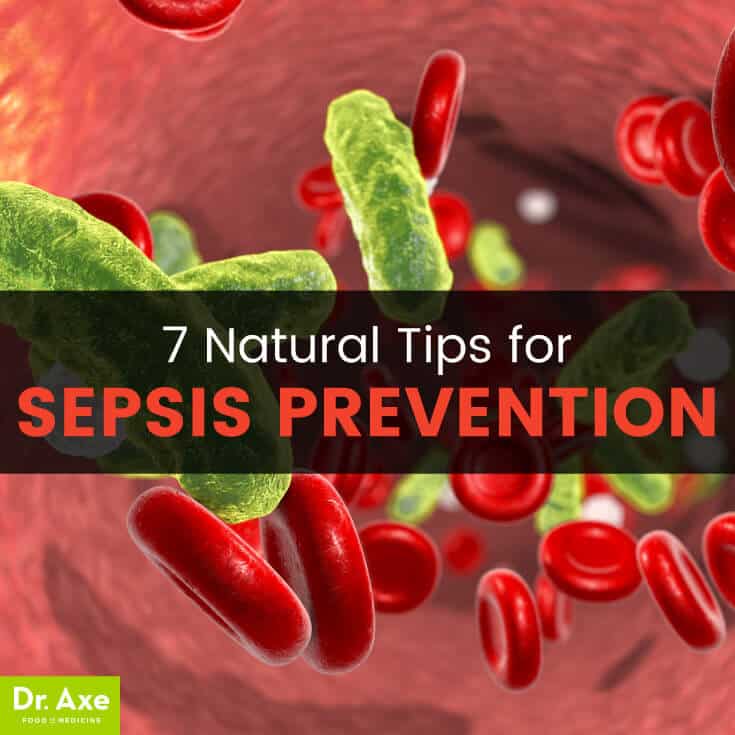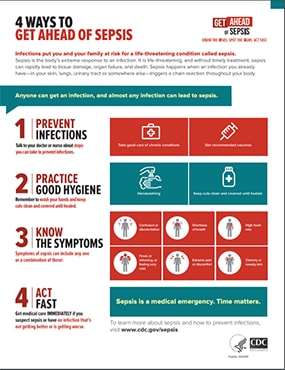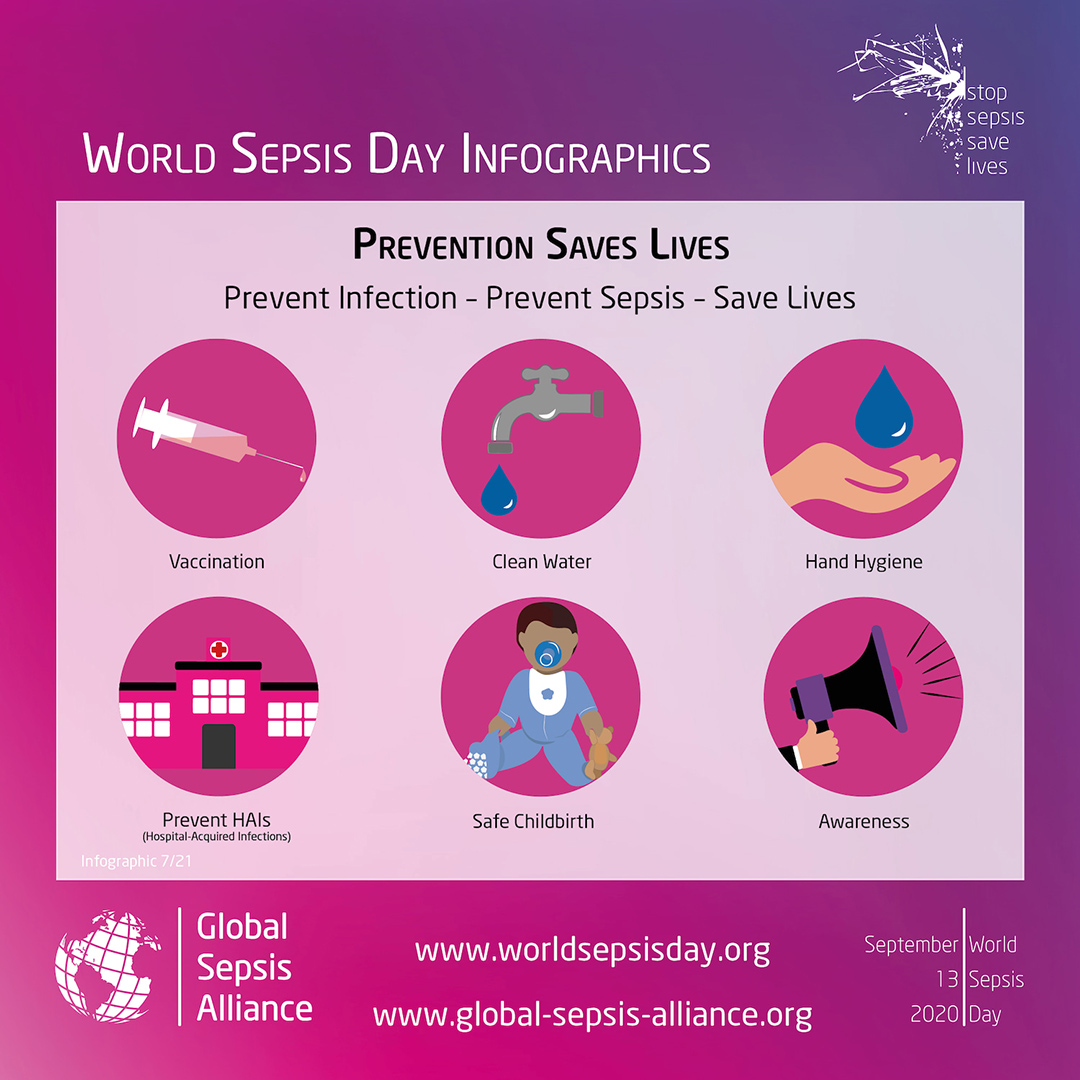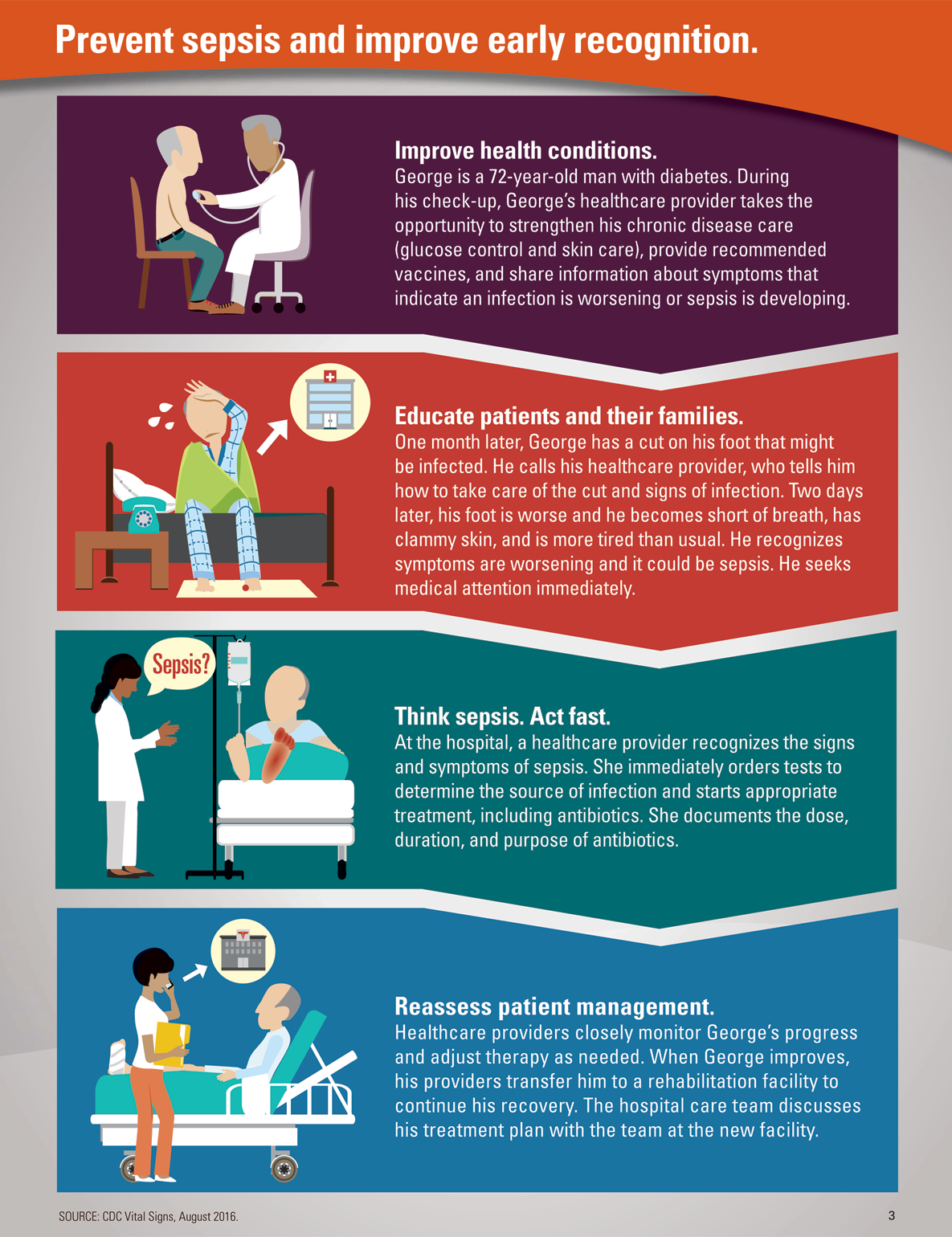Beautiful Tips About How To Prevent Blood Poisoning

This helps prevent them from choking—which is likely to happen if they vomit while lying down.
How to prevent blood poisoning. Infections caused by bacteria are treated with antibiotics. In addition, hygienic measures such as hand washing and preparing and handling. Chill leftover food as soon as possible and within a few hours of cooking or serving, being sure to set your refrigerator to no higher than 40 degrees f and your freezer to 0.
Septicemia requires immediate treatment to prevent the condition from worsening to sepsis. • wash hands and toys. Very serious attacks of food poisoning are caused by germs including bacteria, viruses, and parasites.
Make sure your child washes his or her hands and face after playing outside or with pets that might have lead particles from soil on their fur or paws. In addition, hygienic measures such as hand washing and preparing. I also wrote about a friend who probably developed blood poisoning from a routine visit to t.
Yes, it is very much possible to prevent blood poisoning by treating and preventing infections. Here are some generalized tips to lower the risk of developing blood. Salmonella is more common in.
In the first part of this article, we looked at the ways we can get blood poisoning, and the. Foodborne illness (sometimes called food poisoning, foodborne disease, or foodborne infection) is common, costly—and preventable. Are there any natural remedies for septicemia?
A study published by oregon state university in 2012, presented an important finding that regular. You can get food poisoning after. Keeping vaccinations up to date is an important step to preventing certain viral and bacterial infections.
Eating certain fruits and vegetables without. Hand washing is especially important before, during and after preparing food, as well as before. Make sure your child washes his or her hands and face after playing outside or with pets that might have lead particles from soil on their fur or paws.
If you can’t prop the. Keeping vaccinations up to date is an important step to preventing certain viral and bacterial infections.

:max_bytes(150000):strip_icc()/sepsis-and-septic-shock-diagnosis-and-treatment-3156827-FINAL-5b5257623a9b46ea8a03f4c092751bde.png)
